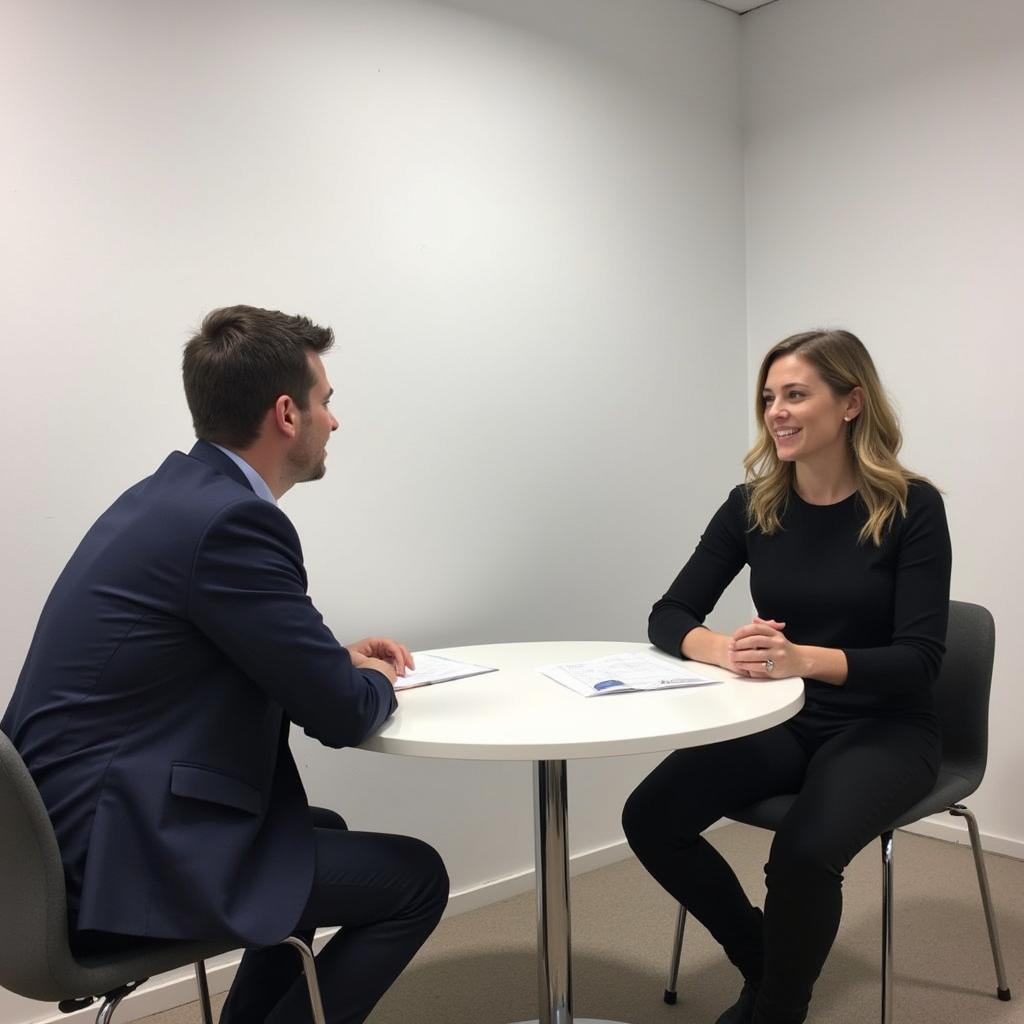Many IELTS candidates wonder if they can we use slang in ielts speaking to sound more natural. This comprehensive guide will help you understand when and how to appropriately use informal language during your speaking test.

Part 1: Introduction and Interview
Common questions about language use:
- How do you usually communicate with your friends?
- Do you think language is changing in your country?
- What kind of language do young people use nowadays?
Sample answer (Band 8-9):
“I typically communicate with my friends through various channels, including social media and messaging apps. While I might use some casual expressions with close friends, I always maintain clear and appropriate communication. I believe it’s essential to adapt your language to different situations and audiences.”
Part 2: Cue Card
Describe a time when you had to speak formally
You should say:
- When this was
- Where you were
- Who you were speaking to
- And explain how you felt about speaking formally
Describe a recent social media trend that you participated in shows how context affects language choice. Here’s a sample answer:
Sample answer (Band 8-9):
“I’d like to talk about a significant presentation I delivered at an international conference last year. It was a formal business setting where I had to present complex data to senior executives. I deliberately used professional terminology and maintained appropriate formality throughout my speech. The experience taught me the importance of adjusting my register according to the context.”
Part 3: Discussion
Questions and sample responses about formal vs informal language:
Q: Why do people use different levels of formality in different situations?
Band 8-9 Answer:
“The choice of formality level reflects social dynamics and professional expectations. In formal settings, using appropriate language demonstrates respect and professional competence. Just as describe a foreigner who speaks your native language well needs to understand cultural context, speakers must recognize social cues that indicate required formality levels.”
Key Vocabulary and Expressions for High Scores
Formal expressions:
- To my knowledge (Instead of “I guess”)
- I would say that… (Instead of “Like…”)
- In my opinion (Instead of “I think”)
- Furthermore/Moreover (Instead of “Also”)
describe a film or performance you didnt enjoy demonstrates how to express opinions formally.
Tips from an Examiner
- Context Awareness: Assess the formality level required
- Balanced Approach: Use natural but professional language
- Appropriate Vocabulary: Choose words that match the topic’s formality
- Consistency: Maintain the same register throughout your response
- Cultural Sensitivity: Consider international English standards
Remember, while IELTS appreciates natural speech, maintaining a professional tone will help you achieve higher scores.